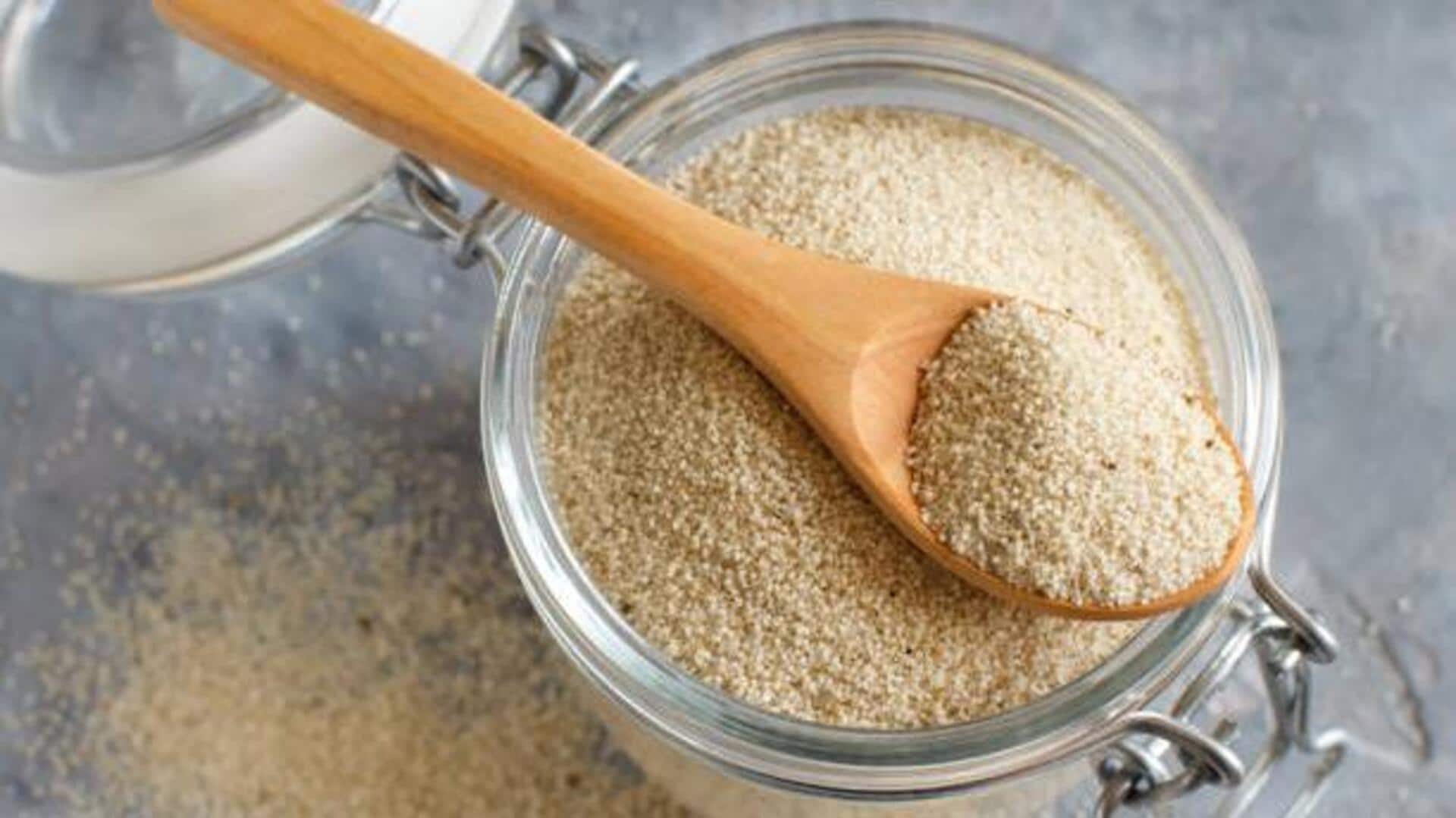
This is why you should include fonio in your diet
What's the story
Fonio, a tiny grain indigenous to West Africa, has been a part of traditional African cuisines for centuries. Resilient and easily adaptable, fonio is now making headlines for its health benefits. Not only is the ancient grain nutrient-rich, but it also contributes significantly to sustainable agriculture. As more people discover healthy eating, knowing fonio's contribution to health and nutrition is even more vital.
Nutrients
Nutritional profile of fonio
Fonio is loaded with essential nutrients like iron, zinc, and magnesium. It is also a good source of B vitamins, which are important for energy production and brain function. Unlike many other grains, fonio has all nine essential amino acids, making it a complete protein source. This makes it especially beneficial for people on plant-based diets.
Digestion
Digestive benefits of fonio
Fonio is also rich in dietary fiber. It aids digestion by promoting regular bowel movements and preventing constipation. The fiber content also ensures healthy blood sugar levels as it slows down the absorption of sugars into the bloodstream. This can be especially beneficial for people managing diabetes or hoping to keep their energy levels stable throughout the day.
Gluten-free
Gluten-free alternative
For people who suffer from gluten intolerance or celiac disease, fonio provides a great substitute for wheat-based products. Naturally gluten-free, it can be used in a number of recipes without triggering negative reactions caused by gluten consumption. Its adaptability makes it a great addition to various meals, from breakfast porridge to savory dishes.
Sustainability
Environmental impact of growing fonio
Fonio flourishes in poor soil conditions where other crops may fail. This makes it an environmentally sustainable option for farmers in arid regions of Africa. Its short growing cycle requires less water than other grains, contributing positively toward water conservation efforts while providing food security amid changing climate conditions.